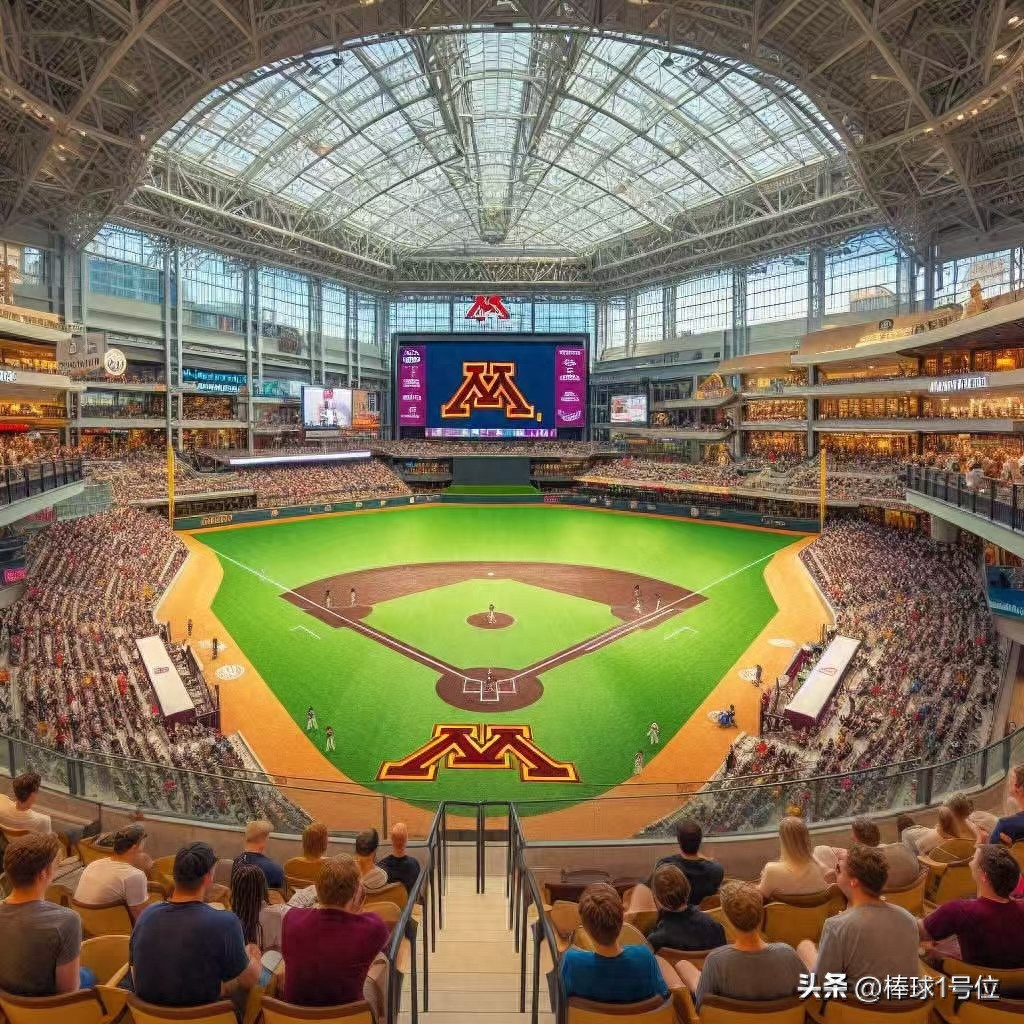The minimum number of players on a team is a few No. 1 players in baseball
In baseball, the number of on-court defenders on a team's official game is nine, which is a regular configuration explicitly required in the baseball rules. Here's a detailed description of how to combine baseball:

1. Regular match configuration
Defensive Position:
Each team must have 9 defenders on the field, each in the following positions:
Pitcher
Catcher
First Baseman (1B), Second Baseman (2B), Third Baseman (3B), Shortstop (SS)
Left Fielder (LF), Fielder (CF), Right Fielder (RF)
Attacker:
When attacking, they take turns to hit the ball in a fixed order of shots, but the defense still needs to maintain 9 players.

2. Special circumstances of insufficient numbers
If there are fewer than 9 players on the pitch due to injury, eviction or lack of substitutions in a match, the rules generally require:
Professional games (e.g. MLB): If 9 players cannot be filled, the game may be forfeited.
Amateur or Informal Matches: Fewer than 9 players may be allowed for the time being, but the vacant batting position will result in automatic ejection.

3. Other relevant rules
Substitutes: In professional games, there are usually extra players on the bench (as MLB allows for a 26-man squad), but there are always nine players on the field.
Designated Strikes (DH): If the DH rule is used, one player can be assigned to play in place of the pitcher when attacking, but the defense still needs 9 players.
The minimum number of players on the first baseball team is nine, which is a mandatory requirement to ensure that the game is played properly. Insufficient numbers may result in a loss or exceptional penalty, depending on the level of play and the rules.










 Links
Links
 Contact
Contact
 App
App


